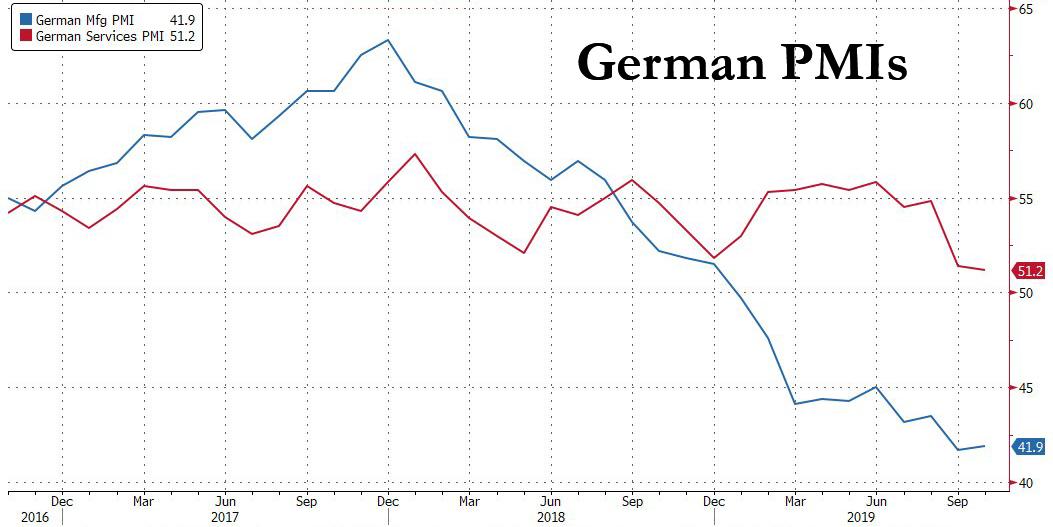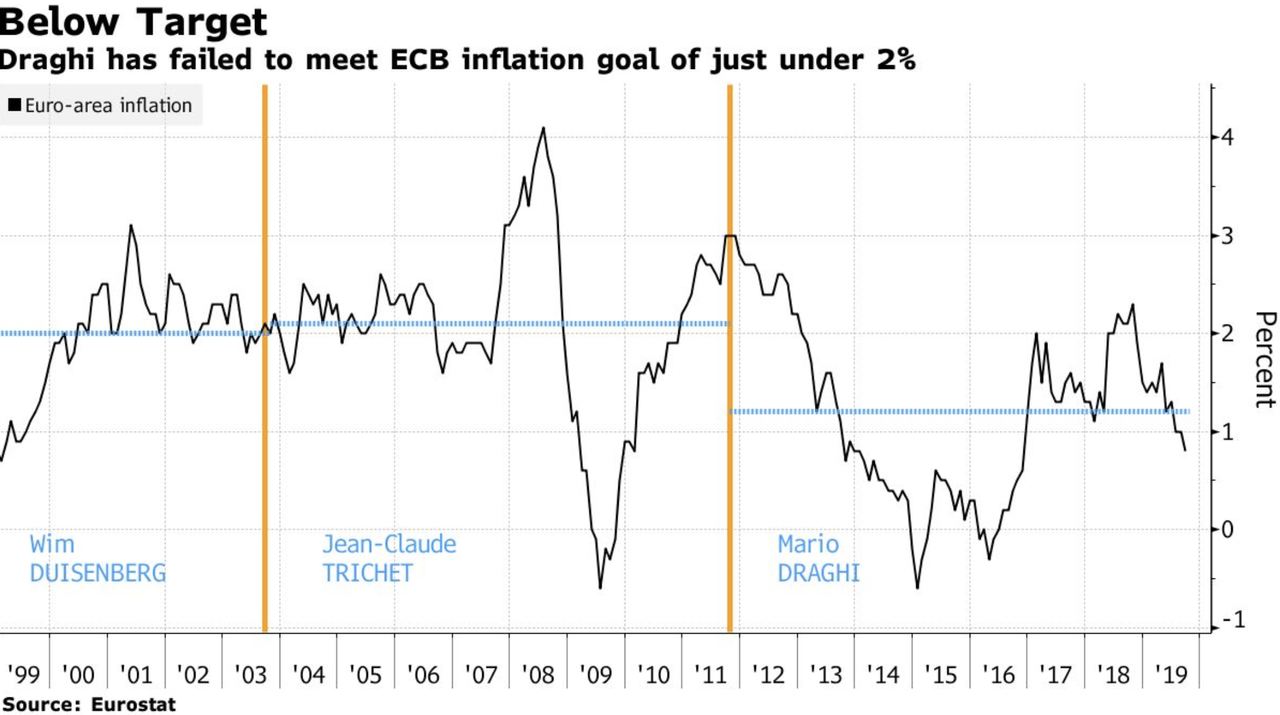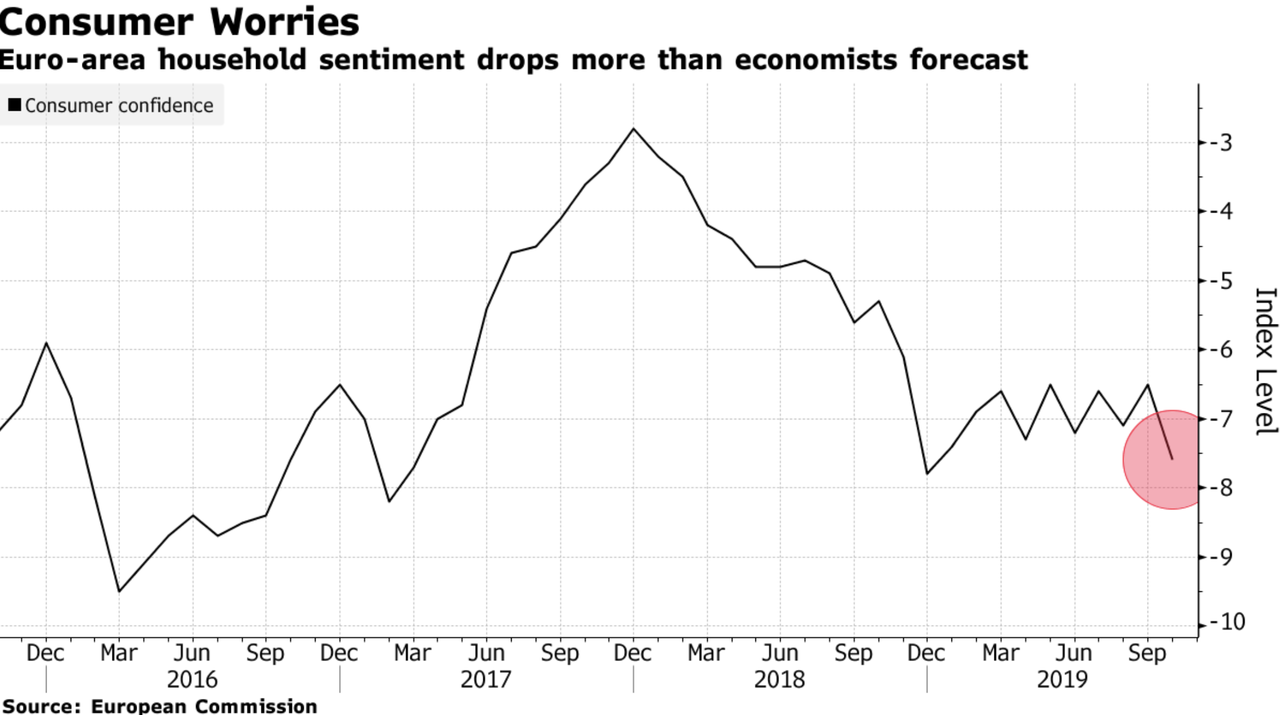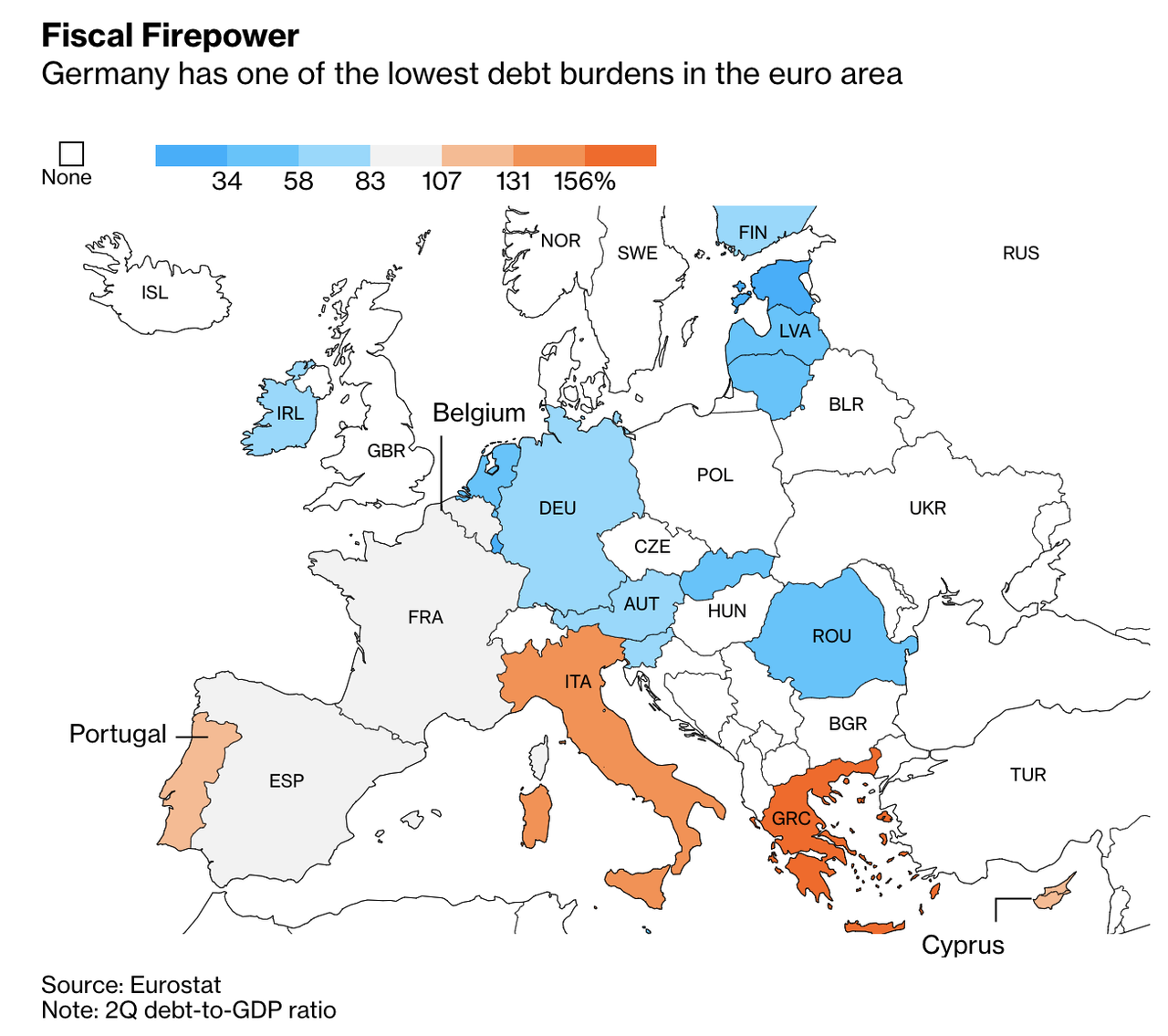The City of Austin, Texas appropriated funds to assist women who are seeking abortions. Article 1192 of the Texas Penal Code, however, makes it a crime to “furnish[] the means for procuring an abortion knowing the purpose intended.” Don Zimmerman, a Texas taxpayer filed suit, and argued that Austin is violating this state law. (Texas has very broad taxpayer standing rules).
Zimmerman’s petition faces a formidable obstacle: Roe v. Wade (1973). This landmark abortion decision considered the constitutionality of “Arts. 1191-1194 and 1196” of the Texas Penal Code. By a 7-2 vote, the Court declared unconstitutional Article 1196, which only permitted abortions “for the purpose of saving the life of the mother.” Moreover, Part XIII of Roe concluded that all of the statutes in the section, including Article 1192, must be “struck down.”
Our conclusion that Art. 1196 is unconstitutional means, of course, that the Texas abortion statutes, as a unit, must fall. The exception of Art. 1196 cannot be struck down separately, for then the State would be left with a statute proscribing all abortion procedures no matter how medically urgent the case.
How can Zimmerman rely on Article 1192, if the Supreme Court struck the statute down in Roe? He contends that the Court could not, and therefore did not, strike it down. His complaint explains:
Neither Roe v. Wade nor any subsequent decision of the Supreme Court “struck down” or formally revoked article 1191, article 1192, or any other Texas statute that criminalizes abortion. The federal courts do not wield a writ of erasure over the statutes that they declare unconstitutional, and these statutes continue to exist as laws until they are repealed by the legislature that enacted them. A Supreme Court ruling that declares a statute unconstitutional means only that the statute may not be enforced in a manner that contradicts the Supreme Court’s interpretation of the Constitution. See Pidgeon v. Turner, 538 S.W.3d 73, 88 n.21 (Tex. 2017) (“[N]either the Supreme Court in Obergefell nor the Fifth Circuit in De Leon ‘struck down’ any Texas law. When a court declares a law unconstitutional, the law remains in place unless and until the body that enacted it repeals it, even though the government may no longer constitutionally enforce it. Thus, the Texas and Houston DOMAs remain in place as they were before Obergefell and De Leon, which is why Pidgeon is able to bring this claim.”);
Zimmerman cites the Texas Supreme Court’s decision in Pidgeon v. Turner. (I blogged about it here and here.) This case recognized that Obergefell v. Hodges and De Leon v. Perry (the follow-up decision from the 5th Circuit) did not “strike down” Texas’s Defense of Marriage Act. De Leon only held that Texas officials could no longer deny marriage licenses to same-sex marriages. Other elements of the law would remain in effect until a court enjoined them. As a practical matter, officials who enforced the statute in a manner inconsistent with Obergefell would likely be sued, and would be on the hook for attorney’s fees. (Howard Wasserman and I discussed this type of litigation in The Process After Marriage Equality.)
Today, Texas could not enforce Article 1192, to the extent that it conflicts with Roe and Casey. But Texas can enforce this law to the extent it does not conflict with Roe and Casey. Zimmerman’s suit seeks exactly that relief:
22. The courts must therefore enforce article 1192 and section 7.02 of the Texas Penal Code unless their enforcement against the defendants in this particular case would violate the Supreme Court’s abortion edicts by imposing an “undue burden” on women seeking abortions. See Planned Parenthood of Southeastern Pennsylvania v. Casey, 505 U.S. 833 (1992).
23. An injunction that bars the mayor and the city from providing taxpayer money to abortion-assistance organizations will not impose an “undue burden” on any woman who wants to abort her pregnancy. It has long been established that women seeking to abort their pregnancies have no constitutional right to taxpayer assistance, and that the withholding of taxpayer subsidies does not constitute an “undue burden.” See Harris v. McRae, 448 U.S. 297 (1980)
Zimmerman is represented by Jonathan Mitchell. The former Texas Solicitor General authored The Writ of Erasure Fallacy, and argued Pidgeon. (He was also my professor at GMU.) Mitchell maintains that courts cannot actually strike down statutes. They can only enjoin the enforcement of the statute in particular cases between specific parties.
Indeed, the statutes the Supreme Court declared unconstitutional in Roe are still in the books–literally. Justice Blackmun did not manage to erase the statutes, which still reside in the South Texas College of Law Library. In theory, if Roe and Casey were overruled, the old Texas statutes would go immediately into force. There would be no need for the legislature to take any action. Indeed, recently Massachusetts repealed its criminal prohibition on abortion, in anticipation of Roe being overruled. This decision reaffirms the fact that courts cannot actually “strike down” laws.
The concept of the “writ of erasure” is jarring to most attorneys, and especially law professors. From the earliest days of law school, we are taught that courts strike down laws, as part of a general homage to judicial supremacy. One can support the concept judicial review (the power to declare an unconstitutional statute unenforceable), yet reject the notion that courts can simply strike down, or erase statutes. Invariably, criticisms of the “writ of erasure” turn to the massive resistance to Brown v. Board of Education. I encourage you to read my article, The Irrepressible Myth of Cooper v. Aaron, which identifies many of the myths surrounding judicial supremacy in the wake of Brown.
from Latest – Reason.com https://ift.tt/2PcGphn
via IFTTT










